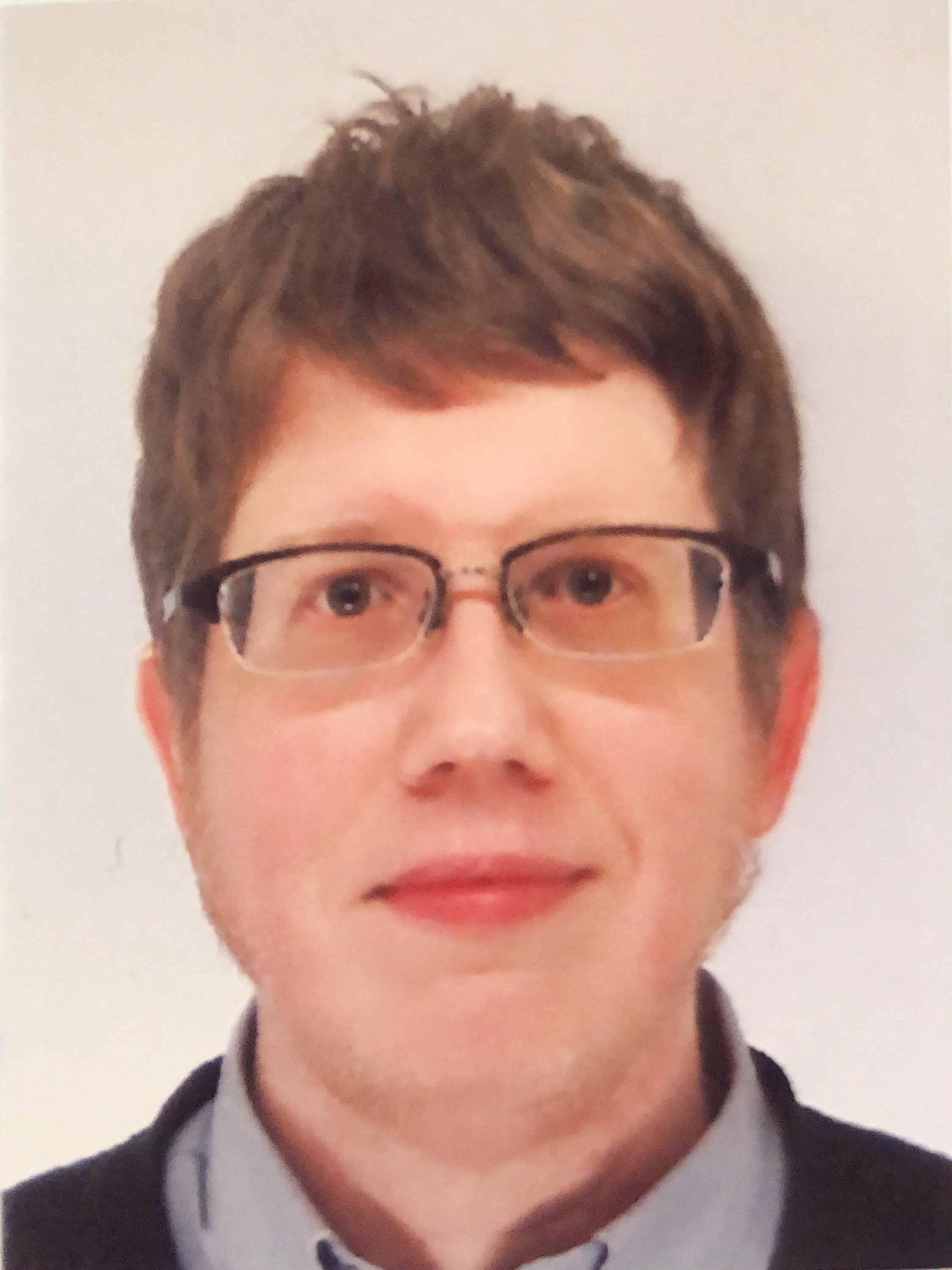-

-
DUBIN, Brian
IEFL*
Research Keywords
Computer-Assisted Language Learning, Mobile-Assisted Language Learning, Learner Development, Task-based Language Teaching
Recent Research Interests
I am interested in computer-assisted language learning, as well as mobile-assisted language learning and have been conducting research using a free online social learning platform called Flipgrid. I am also interested in how technology can play a part in how students learn a second language and how it can benefit them by enabling them to learn a language outside of the classroom.
In addition, I am also interested in learner development, for example, motivation, learning strategies, autonomy, learner beliefs, as well as ways to reduce learner anxiety both inside and outside of the classroom. I have also been researching how Flipgrid (and other types of social learning platforms) can potentially reduce the anxiety of language learners over time. Tasks and other assignments in my classes are largely student-centered as this provides students with more opportunities to become autonomous learners and work out strategies to solve linguistic problems they might encounter.
Selected Publications
Dubin, B., Moskowitz, N., & Sparrow, D. (2020). How independent speaking using flipgrid affects learners’ complexity, accuracy, and fluency. In D. Beglar & T. Nemoto (Eds.), Proceedings of the 21st Annual Temple University Japan Campus Applied Linguistics Colloquium (pp. 1-10). Temple University Japan Campus, TESOL Program.
Dubin, B. (2019). Complexity, Accuracy, and Fluency: Improving Paraphrasing Skills using Direct and Indirect Methods. TUJ Studies in Applied Linguistics, 122, 9-18. Tokyo: Temple University, Japan Campus.
Dubin, B. (2019). Grammar-Translation and Yakudoku in Japanese Secondary Schools. TUJ Studies in Applied Linguistics, 122, 57-61. Tokyo: Temple University, Japan Campus.
Dubin, B. (2018). Developing an English Communication Curriculum at a Japanese University. TUJ Studies in Applied Linguistics, 120, 49-55. Tokyo: Temple University, Japan Campus.
Dubin, B. (2018). Teaching the English Article System Using Implicit and Explicit Methods. Temple University Japan Studies in Applied Linguistics, 113, 16-28.
